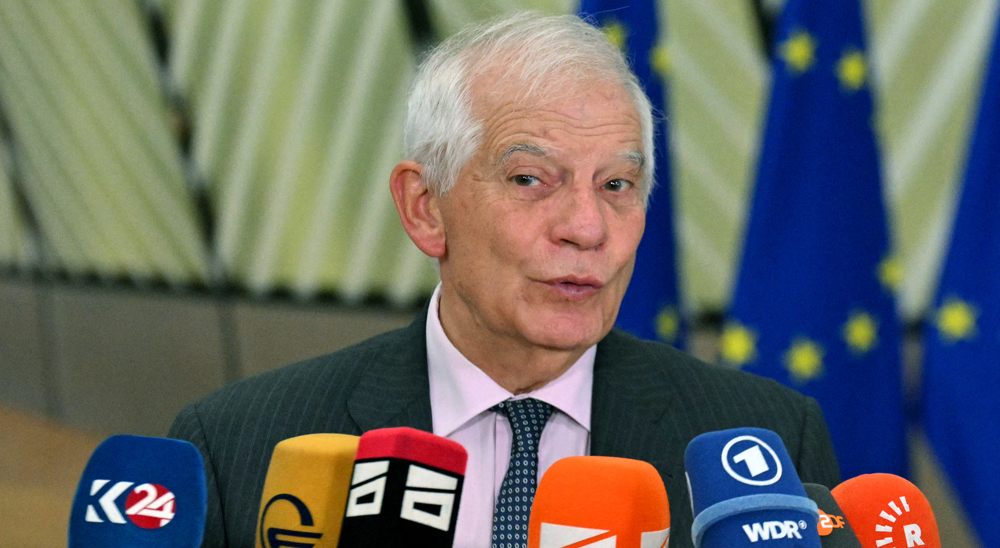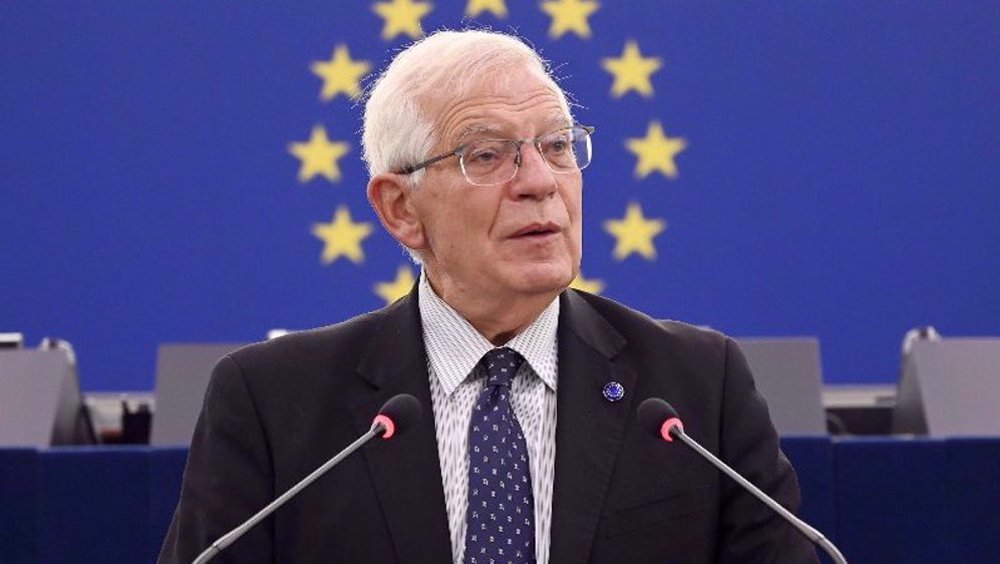Belgium’s Wallonia drops opposition to EU-Canada trade deal
Belgium has managed to pave the way for the signing of a controversial free trade deal between the European Union and Canada after appeasing opposition from its regional power, Wallonia.
Belgium’s Prime Minister Charles Michel said on Thursday that the government had reached an agreement with Wallonia, an autonomous region in southern Belgium, which had been against the Comprehensive Economic and Trade Agreement (CETA).
All of the EU’s 28 member states, including the Belgium government, are in favor of CETA.
However, Michel said Monday that talks with authorities in Wallonia on the deal had failed. The government in Brussels needs the approval of all of its regions to sign up to the accord, which has been in the pipeline for some seven years.
French-speaking Wallonia argued that the deal failed to protect the region against Canadian multinational companies. The region, home to 3.5 million people, also cited fears that local workers would be laid off if the agreement led to cheaper farming and industrial imports.
The signing ceremony was scheduled to be held in Brussels on Thursday, but it was cancelled after Wallonia refused to back CETA.
The Belgian PM’s Thursday announcement came just hours after Canadian Prime Minister Justin Trudeau cancelled his top-level delegation's trip to the Belgian capital.
Reacting to the latest development, Canadian Minister of Foreign Affairs Stéphane Dion said he was “cautiously optimistic.”
“We hope that the Europeans have agreed among themselves because Canada is ready to sign,” he said, adding, “If this news materializes, this is great news.”
It is not clear when a new date will be set for the signing ceremony.
Last week, Wallonia leader, Paul Magnette, urged protection for his small community against the big multinational companies.

“It is an open world (and) that is a good thing. There is nothing worse than borders. But how will this globalization be done? With strong rules or weak rules? Will it protect public freedoms or will multinationals rule the law,” he argued.
Proponents of CETA believe it would benefit trade and, at the same time, preserve the EU’s rules and regulations on social, environmental and labor issues. Opponents, however, say the deal would benefit the rich and enslave the poor.
A similar agreement is also being negotiated between the EU and the United States, but it has been met with far more opposition than CETA.
Israeli forces intensify raids, demolition campaign in West Bank amid clashes
Rally in Sydney demands action on ICC warrant
Hamas says seeking Israel’s collapse to achieve regional peace
VIDEO | Trump & peace
VIDEO | Pakistan’s National Unity Council demands action over Kurram crisis
Far-right Israeli minister calls for occupying Gaza, halving population
Iran's rise in new world order promotes active role in world affairs: Economy minister
Two civilians injured in Israeli strike on Syria border crossing













 This makes it easy to access the Press TV website
This makes it easy to access the Press TV website